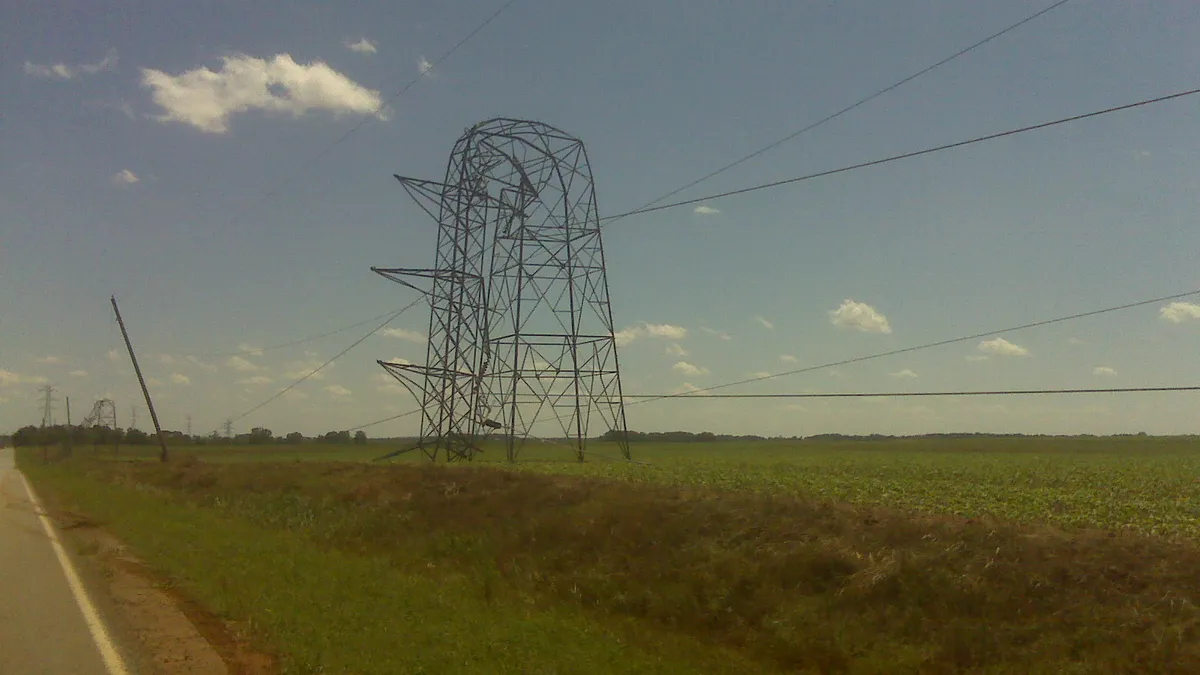Dive Brief:
- Florida's Duke Energy, Tampa Electric Co. (TECO), and Florida Power & Light (FP&L) have asked state regulators to reduce their energy conservation requirements, with Duke Energy requesting a reduction from 333 gigawatt-hours by 2019 to 21, TECO requesting a reduction from 39 gigawatt-hours to 17, and FP&L asking to go from 229 gigawatt-hours to 4.
- Because of Florida’s 20% reserve capacity requirement, set after a 1989 blackout, the Florida Public Service Commission (PSC) is expected to approve the utilities’ proposals and accept their argument that low natural gas prices make electricity generation cheaper than efficiency.
- The American Council for an Energy-Efficient Economy argues efficiency programs in other states cost $0.028 per kilowatt-hour while a new natural gas plant costs at least $0.07 per kilowatt-hour, numbers verified by the U.S. DOE, but the utilities argue such numbers should not be used in regulatory decisions and that energy audits and efficiency rebates are costly.
Dive Insight:
Advocates for renewables and efficiency argue that if utilities don't build new plants, consumers don't have to pay for them, but utilities make money by building more plants and selling more power, a business model developed when the need for energy reliability was greater than the need for energy conservation. Because of renewables, efficiency, and the recession, per capita electricity use in Florida has fallen nearly 12%, threatening utility revenues.
Vermont-like energy savings policies, through which conservation now provides that state with 2.12% of its electricity demand, could reduce Florida demand by the $1.5 billion Duke wants to build new natural gas capacity, a shift that would save Florida ratepayers an estimated $9 billion in bill charges over 30 years. The PSC will not take input from ratepayers during the proceeding at which it decides on the utilities’ proposals.














